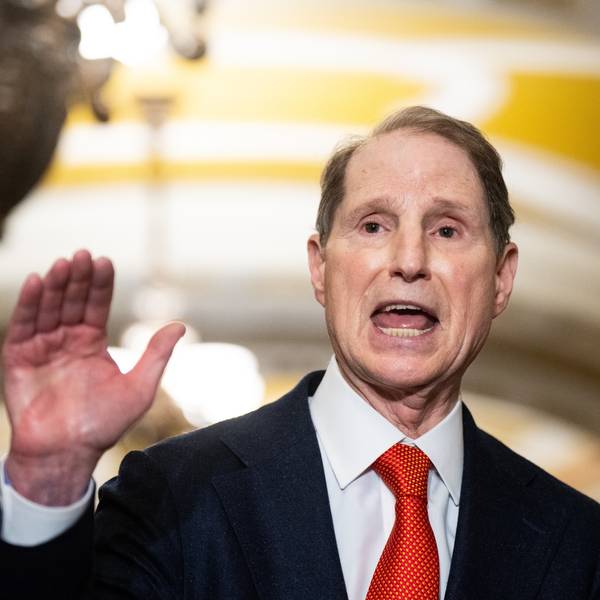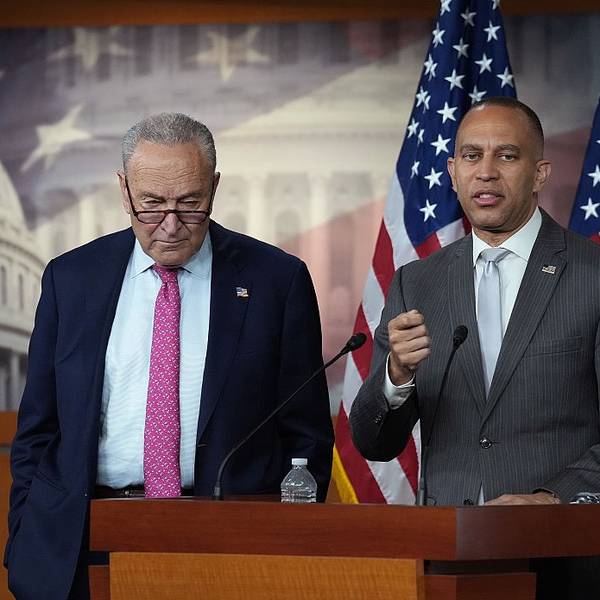A important shift in the Republicans' negotiating stance over the austerity fight (do we go Dem lite or Republican high test?) was duly noted in the Financial Times a day ago, but a search in Google News ("debt ceiling") suggests a lot of other commentators have not yet digested its significance, so it seemed worthy of a short recap here.
Although extremism and brinksmanship have become preferred negotiating tactics of the Republicans, the most relentless practitioners are under the sway of libertarian funders and stealth organizers, primarily the Koch brothers, and intellectual leaders (not quite an oxymnoron) like Grover Norquist. In the new year, some elements of the Republican party have been taking more and more extreme positions, even saying that defaulting on US Treasuries would be a good idea, hewing to the "execution at dawn focuses the mind" school of thought.
Although financial markets didn't yet take that bluster seriously, if it went on any length of time, they might have. Fitch bothered sending a warning shot, effectively indicating they regarded this sort of talk as bluster, but if anyone got serious, they'd review US debt ratings. The reason that was significant isn't so much that it would affect bond yields (the Fed has been keeping a lid on them of late) but that the possibility of a downgrade by a second rating agency could widen repo haircuts on Treasuries and government guaranteed bonds, and the effects would ripple through the entire financial system.
The Kochs apparently decided things were getting out of hand. As the Financial Times reported late Tuesday:
A conservative activist group backed by the industrialist Koch brothers is urging Republicans to show restraint during US debt ceiling negotiations, representing a shift in position by the usually hardline Americans for Prosperity.
The move by the influential group underscores concern that a political stand-off over extending the US's borrowing limit, which many Republicans are pushing for at the end of February, would diminish public support for sharp cuts in government spending, AFP's stated goal. AFP opposed an agreement that raised the debt ceiling in 2011 because it said the deal did not go far enough to cut spending.
"We're saying calibrate your message. Focus on overspending instead of long-term debt," said Tim Phillips, president of AFP. "Focusing on [the debt ceiling] makes the messaging more difficult."
Readers are welcome to correct me, but I have yet to see Grover Norquist weigh in either way on this recommendation, so for the moment, it looks like he is tacitly supporting this shift.
Now that does not mean that all Tea Party members will abandon the debt ceiling hostage taking approach, but with the Kochs herding the most recalcitrant members into line, the battle line is shifting away from the debt ceiling (oh, there will be posturing, but a deal will get done) to the sequester (which kicks in March 1 unless no new agreement is reached) and the budget (end of March, which would lead to a shutdown if no pact is in place, but bills would continue to be paid, unlike running into debt ceiling constraints). The current fallback hoped for by more aggressive Republicans is to tie any debt ceiling raises to spending cuts (difficult to see how that could be agreed in enough detail to work by mid February, even if the Democrats were willing to play ball) and or only raise the debt ceiling enough to accommodate debt service (no way would Senate Democrats agree). So effectively the complexity of the bargaining has been reduced and the first difficult deadline is not the as early as mid February debt ceiling limit but the beginning of March sequester. In other words, the parties are steadily moving towards negotiating, as opposed to engaging in theatrics.
As unpleasant as this scheming is to follow, remember that lulling the public into "wake me when this is over" works to the plutocrats' advantage. So don't change the dial when the austerity debate comes on.




